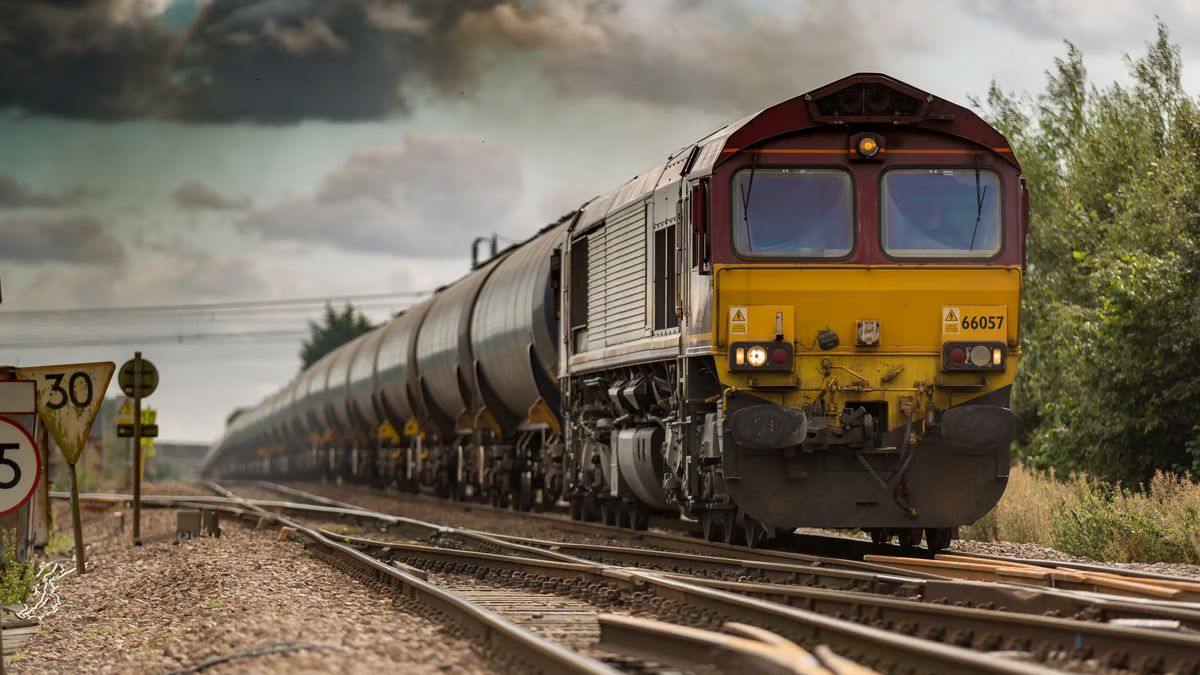In a strategic move to bolster the country’s coal supply chain, the Indian government has fast-tracked 38 critical rail infrastructure projects aimed at enhancing coal logistics. These projects, which span across various states, are part of a broader initiative to ensure efficient transportation of coal from mines to power plants, a key component in addressing the nation’s growing energy demands.
The acceleration of these rail projects comes as India continues to grapple with energy security challenges, largely driven by increasing industrial demand and fluctuating global energy markets. The government’s focus on improving coal logistics is seen as essential for sustaining the operational efficiency of coal-fired power plants, which remain a major source of electricity in the country. The fast-tracking of these rail projects is expected to significantly reduce bottlenecks in coal transportation, thereby ensuring a more reliable supply chain.
According to officials, the projects involve the construction of new railway lines, doubling of existing tracks, and the development of dedicated freight corridors specifically designed to handle heavy coal traffic. These infrastructural enhancements are targeted at key coal-producing regions, including Jharkhand, Odisha, Chhattisgarh, and Madhya Pradesh, which are critical to feeding the power sector’s insatiable demand for coal.
A senior official from the Ministry of Railways highlighted the importance of these projects in the context of India’s energy landscape.
The fast-tracking of these projects is also aligned with the government’s broader objectives under the National Infrastructure Pipeline (NIP), which aims to develop world-class infrastructure across various sectors, including energy and transportation. The focus on rail infrastructure for coal logistics underscores the government’s commitment to addressing critical challenges in the energy supply chain, particularly in the wake of recent coal shortages that have led to power outages in several parts of the country.
In addition to enhancing coal logistics, the expedited rail projects are expected to provide significant economic benefits, including the creation of jobs and the stimulation of local economies in the regions where these projects are being implemented. The government has also emphasized the use of modern technology and sustainable practices in the execution of these projects to minimize environmental impact.
The push to improve coal logistics via railways also aligns with India’s long-term goal of reducing its reliance on road transportation for bulk commodities, which is not only less efficient but also more carbon-intensive. By shifting more of the coal transport burden to railways, the government aims to reduce the carbon footprint of the energy sector, contributing to its climate goals.

